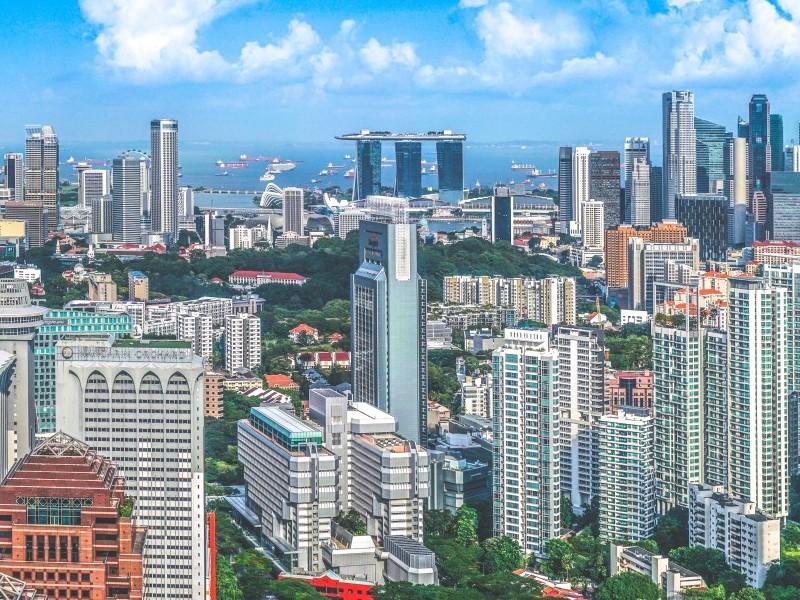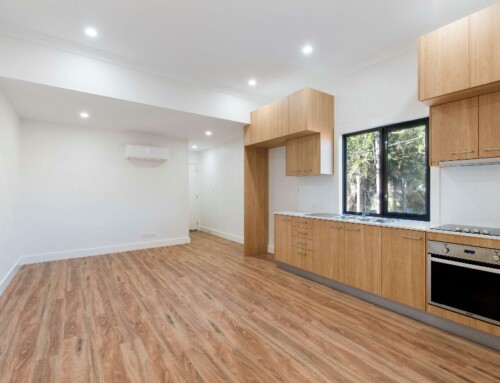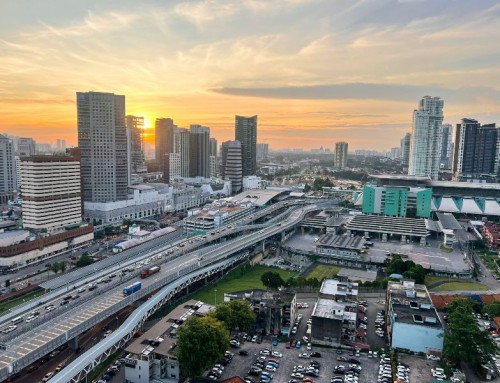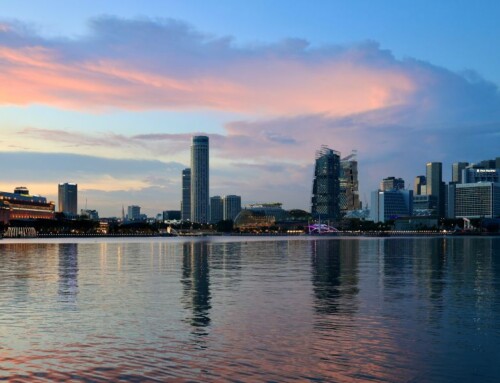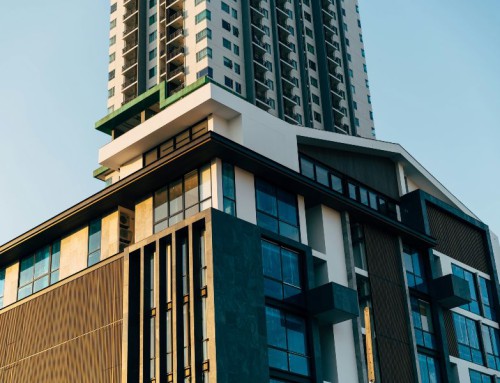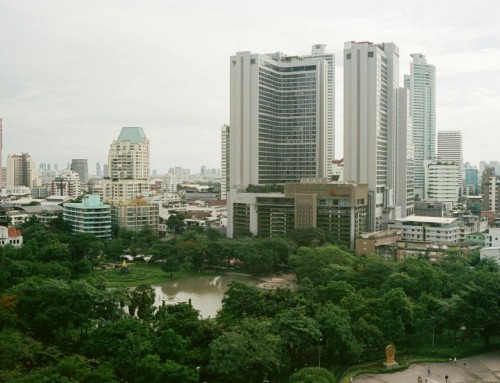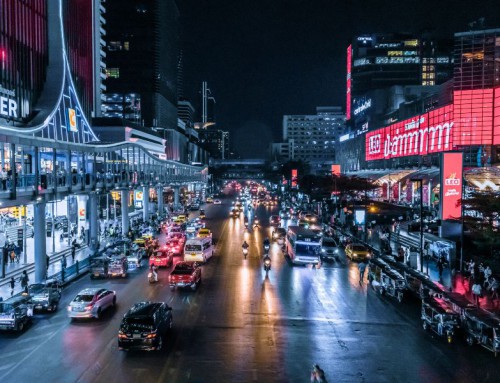In spite of the multiple rounds of cooling measures that have plagued property sales in Singapore, I still maintain my stand that Singapore is still one of the best places to purchase a property. The market seems to be all doom and gloom currently but I believe that if we clear our heads and look closely enough, we can understand that purchasing a property in Singapore is still one of the best investment decisions one can make.
1) Singapore is a safe place to live
The most basic need which a property needs to fulfill is the ability to provide shelter. Not only do home owners want to keep the natural elements out, they want an environment which is safe, where the rule of law is adhered to and a conducive environment to bring up their children. In this aspect, Singapore ticks all the right boxes. Business Insider ranked Singapore as the 2nd safest place to live in the world behind Tokyo.
http://www.businessinsider.sg/the-20-safest-cities-in-the-world-2015-1/#.ViXRaX4rLIU
Penalties for violent crimes like murder or kidnapping carry a possible death penalty if convicted. Rioting is outlawed and strikes are deemed illegal. The ability to live safely results in not only investors wanting to come into a certain market to purchase property but genuine home owners as well. Mirror the situation in Singapore to it’s neighbour and namely the Iskandar development region. Many people have bought the properties in the area but few intend to set up home there. Most purchase with the thinking that they can rent it to someone or perhaps sell it and make a profit at a later date. However, if the investor were to find a certain property untenable by his own standards but would want to rent or sell it to a home owner, then perhaps he has failed to see the irony in his own moment of folly.
2) Singapore welcomes anyone to contribute positively to it’s society
Historically, Singapore’s native people were the Malays. It was through the stoic leadership of Singapore’s founding fathers, namely our founding prime minister, Lee Hsien Loong, that Singapore created a multi-ethnic, multi-cultural and multi-religious society. This led to the acceptance of a large group of Chinese migrant workers taking up citizenship when the republic was formed. On a smaller scale, there were also other races who took up the Singapore citizenship. The same thinking is still prevalent today. Singapore welcomes anyone from around the world, with almost little to no discrimination, to make a living and to contribute to the Singapore society. This mindset has let to a large influx of foreign talent and large multi national corporations continually look at Singapore when thinking of setting up a headquarters in Asia. Countries which have restrictive immigration laws and discriminate against foreigners tend to have slower growth and thus this slow growth tends to trickle down to asset values as well.
3) Singapore has good infrastructure
It is easy to travel in Singapore. Roads are well marked out and maintained and there is an efficient public transport system. The city is easy to travel around for just about anyone in the world as all the signs are in English. English is the main form of communication in Singapore and because of this, many foreigners and foreign companies see this as a good reason to come to Singapore. In spite of the immaculate infrastructure that is already up and running, the Land Transport Authority, the governing body for transportation in Singapore, is still spending billions of dollars to further improve the rail network, bus operators and roads. Singapore hopes to become a city whereby everyone is connected via technology and the government is supporting innovation in this sector aggressively. In terms of infrastructure, Singapore is already ahead of it’s neighbouring countries and is already one of the world’s best. Yet it is still improving daily. In places like Phnom Penh or Ho Chi Min, it is still difficult to travel from one point to another. The ease of doing business is not there and this results in businesses, namely high value industries, not wanting to set up shop in such a location.
4) Singapore tolerates zero corruption
The main reason why so much money is being spent on infrastructure as well as in policies that will directly impact it’s population’s lives is the fact that there is little to no money lost through the system of government. Tax collection is efficient and penalties for tax evasion are very high. It does not pay to be corrupt in Singapore and Singapore prides it’s civil service for it’s incorruptibility. Imagine the exact opposite whereby tax collectors and government officials use public funds for their own personal enjoyment. This causes an outflow of monies which could otherwise be used for the betterment of the country. Incorruptibility was what the ruling People’s Action Party set about to do from the very start and it has managed to succeed in ensuring that monies that are for the system remain in the system. Look at how the 1MDB scandal is hurting Singapore’s neighbour Malaysia and look at what it is doing to the ringgit and values of assets in the country. The alleged corruption scandal is proving to be a bane for investors in Malaysia and there seems to be no end in sight.
5) Singapore has very stable politics
This is very important for the long term growth of a country. Indirectly property prices are influenced by the politics of a country and whenever there is a political upheaval (think Thailand riots and the 1MDB saga in Malaysia), there usually will result in investment uncertainty and thus property prices will usually take a dip. I understand that the Australians managed a very smooth transtition from the Labour Party to the Liberal Party but then their political system and social demographics are invariably less diverse as those in South East Asia. Political stability is fundamental to asset appreciation. This is because investors like the certainty that there will be little to no change in policies which may affect their investments in a particular place. The current cooling measures in Singapore may have spooked a few investors but then there is a certain consensus that these measures will be removed in the near future as the intention was to remove excessive investment exuberance and not remove investment totally.
6) The standard of real estate developments is very high
From condominiums whereby luxury cars are parked in the sky garage (think Hamilton Scotts) all the way down to government subsidised housing, the quality of housing is second to none. Buildings are well maintained and breaches to maintenance guidelines will result in severe penalties. The Urban Redevelopment Authority of Singapore also does efficient urban planning. The whole city state is well planned and thought out with business districts confined to the central part of Singapore and residential areas have adequate amenities and transportation facilities.
7) Land is scarce in Singapore
Singapore is approximately 718.3 square kilometers in size. Compare that with 1104 square kilometers which make up Hong Kong and you will realise that Singapore is really very small. Approximately half of Singapore’s land is reserved which does not leave much land to be developed. Majority of people who live in Singapore live in high rise buildings, either generally in flats built by the government of condominiums built by private developers. The scarcity of space causes property prices to remain high. Despite multiple rounds of government cooling as well as a slowdown in the global economy, Singapore prices have still remained rather resilient, landing softly rather than resulting in a market crash.
8) The banking system is extremely mature
Cost of funds is very low (current interest rates on residential property loans is less than 2%) and the approval system is clear and concise. Financing can go up to as much as 80% of the value of the property and this greatly increases the return on equity for the investor. Imagine purchasing a $200,000 property in places like Cambodia or Vietnam whereby financing is more prohibitive to obtain as compared to in Singapore and thus paying for the property in full. Then imagine purchasing a $1,000,000 property in Singapore with 20% financing and paying $200,000 in downpayment. To double your equity you would have to have the Cambodian or Vietnamese property double in price whereas in Singapore you would require the property to rise about 20% to double your downpayment if you were to sell the property. Financing is very important in property investment. Some clients may choose not to use it but then they should take note that the purchaser whom they may be selling to may require financing and thus they should invest in something whereby financing is readily available.
9) Singapore has a culture of home ownership
One should invest in a place whereby there will always be a demand for housing. Places like Singapore fit the bill. Predominantly a Chinese society with a strong emphasis on home ownership, Singapore is the ideal place to purchase a property and hope that a local will take it off you at a later date for a higher price. It is not only the Chinese who are buying but just about everyone in multi-racial Singapore. The culture is to own one’s own property and very few locals actually rent. The rental industry is fueled by the cosmopolitan group of workers who come in to support Singapore’s workforce. Many of whom aspire to call Singapore their home in the near future and will invariably demand for housing as well. This, coupled with the fact that more than 10% of the population are millionaires makes a very compelling case for asset prices, namely real estate, to appreciate. This in comparison to societies like Australia or many western societies whereby home ownership rates are very low and it is difficult to comprehend why some investors choose to invest in such places as compared to Singapore.
10) The Singapore property market is artificially weak
My final point to add would be that the Singapore property market is weak because the Singapore government intervened to make it so. In terms of pricing Singapore is still lower than cities like London or Hong Kong. Yet Singapore is no less attractive as a city to live, work and play. The cooling measures were put in place to ensure financial prudence when buying a property and were, to many observers, a way of pleasing the electorate after a horrendous showing at the 2011 general elections. The elections in 2015 proved to be a landslide win for the ruling party and it underlined the electorates’ trust in the ruling party to do the right thing for the country and it’s people. Eventually one day the right thing would be to remove the cooling measures and let free market forces reign again.
Have I made a compelling case for you to buy a property in Singapore?
Yours Sincerely,
Daryl Lum
